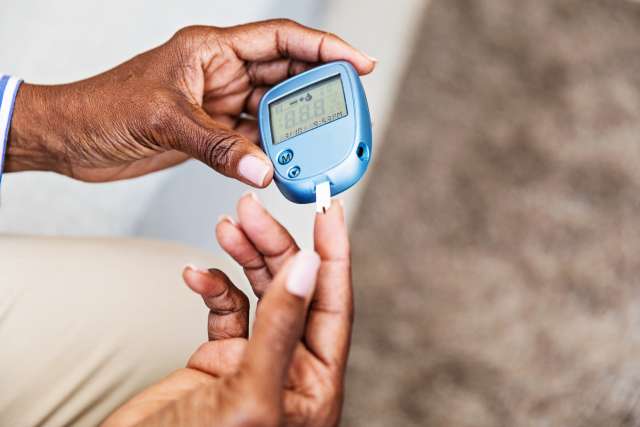Dear Doctors: I want to know more about how exercising gives you a better chance of recovering from colon cancer. I’ve been trying to help my brother-in-law, who just got diagnosed. He doesn’t exercise, and I hope this might motivate him. He’s only 42, and we are all surprised by this diagnosis.
Dear Reader: It’s estimated around 153,000 people in the United States will be diagnosed with colorectal cancer this year. The incidence rate of these types of cancers is 33% higher in men than women. The age of diagnosis has also steadily dropped. Usually seen in older adults, this disease is getting more common in people under age 50. According to the American Cancer Society, cases of colorectal cancer in people under 55 have doubled from 10% of all diagnosed cases in 1995 to 20% in 2019.
With the age of diagnosis trending younger, it’s now recommended that screenings start at age 45. For those at average risk of the disease, fecal sample screening may be an option. People with a family history of the disease may be screened before 45 with a colonoscopy.
The reasons for this spike in younger adults are not yet clear. Lifestyle factors seem to play a key role, such as poor diet, lack of exercise, smoking, alcohol use and excess weight. A family history of the disease or certain inherited genetic conditions can be a risk factor. Chronic conditions that contribute to gut inflammation may also contribute. Researchers are looking at the use of antibiotics as another possible factor.
We believe your question refers to the findings of new research recently published in the New England Journal of Medicine. The study followed 889 people over 15 years, starting in 2009. Participants had completed chemotherapy for colon cancer characterized as “treatable.” The study divided participants into two groups. One group received detailed information about the importance of exercise and nutrition. The second group had three years of a structured exercise program with a trainer. For many, the program was as simple as a brisk 45-minute walk three or four times a week.
The guided exercise group had measurably higher survival rates than the information-only group. After eight years, overall survival in the exercise group was 90.3%, and 83.2% in the information-only group. This tells us two important things: First, when caught early enough for treatment, colon cancer survival rates are very high. And second, the whole point of the study -- adding a regular exercise program can boost survival rates even further.
(Send your questions to [email protected], or write: Ask the Doctors, c/o UCLA Health Sciences Media Relations, 10960 Wilshire Blvd., Suite 1955, Los Angeles, CA, 90024. Owing to the volume of mail, personal replies cannot be provided.)





